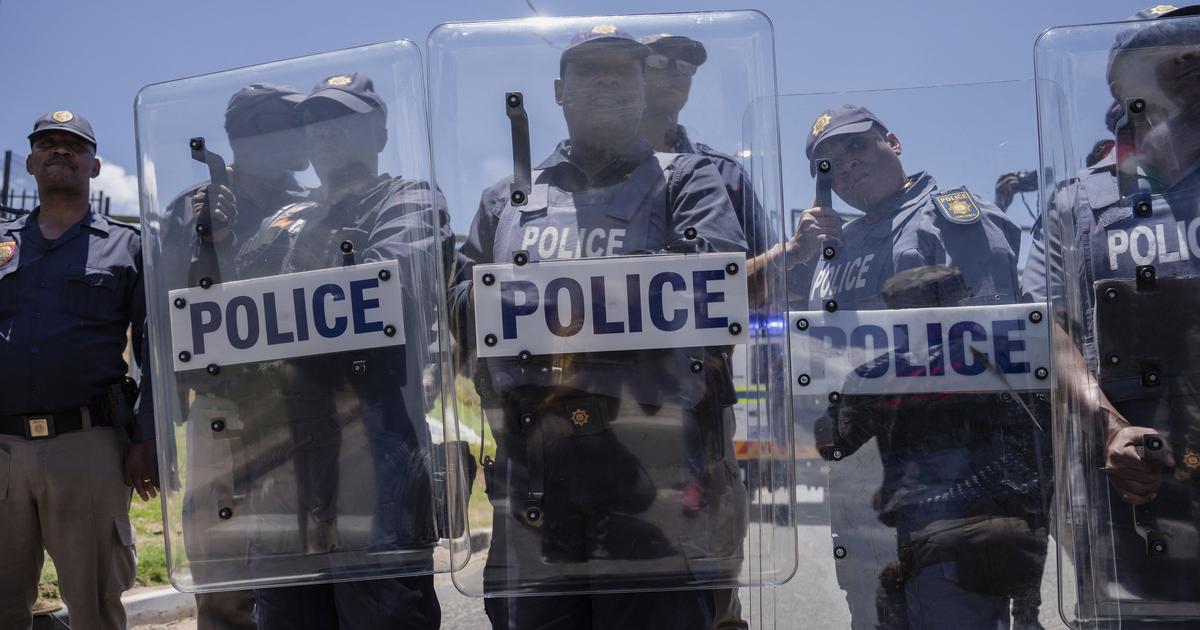
For democracies to function well, citizens have to trust their institutions. Every incidence of bad service delivery or corruption will influence how much citizens trust institutions.
The latest incident that will most likely shake confidence in South Africa’s political system, and specifically the police and the criminal justice system, is the accusation by General Nhlanhla Mkhwanazi, provincial commissioner of KwaZulu-Natal province, that members of these institutions are involved in organised crime. The accusations are being investigated by the Madlanga Commission and heard in parliament by an ad hoc committee.
General Mkhwanazi alleged that the police minister, other members of the South African Police Force and members of the judiciary interfered with the investigation he was leading into political assassinations. He alleged they attempted to close down the “political killings task team” because of their own links to organised crime.
Signs of corruption have, over time, eroded political trust among citizens in South Africa.
In this article we discuss the findings of the most recent survey by Afrobarometer, a pan-African research network, and two attitude surveys done by Citizen Surveys for the South African Research Chairs Initiative chair in Gender Politics. The data of the SARChI Chair will be made public once the research project is concluded.
Amanda Gouws specialises in the construction of surveys and analysis of survey data...
from Scroll.in https://scroll.in/article/1088743/south-africans-have-lost-trust-in-key-institutions-what-does-this-mean-for-democracy?utm_source=rss&utm_medium=public https://sc0.blr1.cdn.digitaloceanspaces.com/article/210593-cmispcbdcn-1763897245.jpg
via




0 Comments